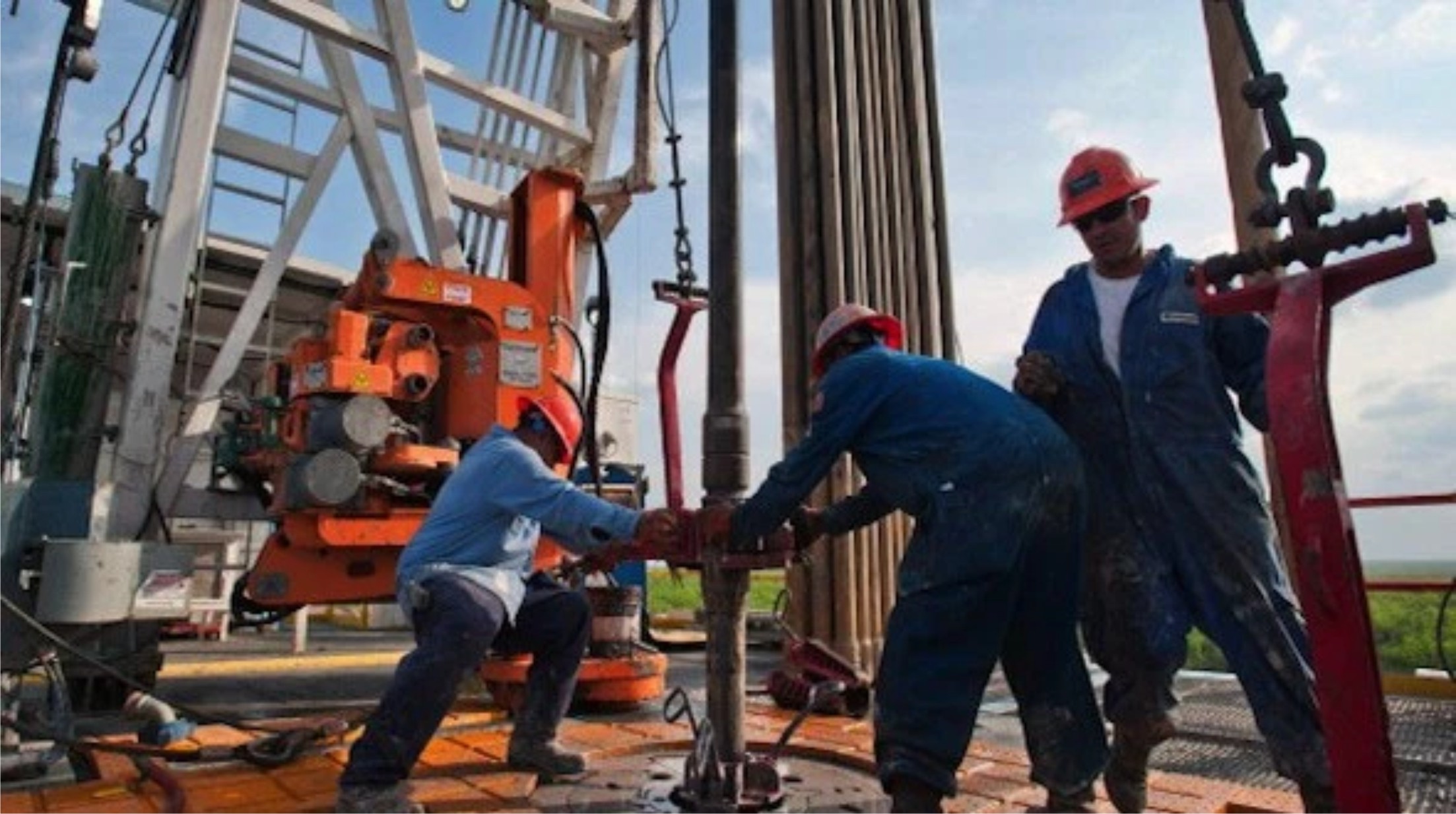Nigeria’s total oil production rose marginally by 1.45% in May 2024 to 1.46 million barrels per day, up from 1.44 million barrels per day in April. This is contrary to claims by officials that production had reached 1.7mbpd last month. This marginal gain fell short of the country’s OPEC quota of 1.5 million barrels per day and the 1.7 million barrels per day benchmark set for the 2024 national budget.
The latest production figures from the Nigerian Upstream Petroleum Regulatory Commission (NUPRC) contradict claims by Minister of State Petroleum Resources (Oil) Senator Heineken Lokpobiri and Nigerian National Petroleum Company Limited CEO Mr. Mele Kyari that oil production has reached 1.7 million barrels per day.
The output for May consisted of 1.25 million barrels per day of crude oil production and 217,076 barrels per day of condensate production, failing to meet the targeted levels. This development highlights the challenges facing Nigeria’s oil sector, despite efforts to increase production and meet global demand.
The data from NUPRC showed that oil production in the first five months of the year has so far failed to improve. Production in January was 1.64mbpd, February 1.54mbpd and March 1.43mbpd. On a year-on-year basis, total production in May also rose slightly by 2.6 percent compared to 1.43 million barrels per day recorded over a similar period in 2023.
As part of efforts to grow the nation’s reserves and improve oil production, the NUPRC has disclosed that it would put additional oil fields on offer in the ongoing oil field licencing bid round.
The Commission Chief Executive, Engr Gbenga Komolafe who disclosed this while unveiling the Nigerian 2024 licensing round in Lagos said the government is committed to conducting the licencing round in a fair, competitive and transparent manner.
According to him, “the Commission, in partnership with its multi-client partners, has acquired more geological data resulting in the identification of more prospective blocks. The newly identified blocks will be added to the pool of blocks originally scheduled for the bid exercise, and their details will be made available on the bid round portal.
“In addition to these blocks, the seven deep offshore blocks from the 2022 Mini-Bid Round Exercise which cover an area of approximately 6,700 km2 in water depths of 1,150m to 3,100m shall also be concluded along with this Licensing round”.
Engr. Komolafe explained that the “blocks on offer have extensive 2D and 3D seismic data coverage, including multi-beam and analog data. Additionally, a 3D reprocessed Pre-stack Time Migration of remarkable quality is also available to prospective bidders. The availability of advanced seismic datasets and analytical tools via our dedicated portals exemplifies our commitment to excellence and technological advancement.
“The Licencing Round is indeed expected to be a huge success for Nigeria and is a big step towards growing the nation’s oil and gas reserves through aggressive exploration and development efforts, boosting production, expanding opportunities for gas utilisation and end to end development across the value chain, strengthening energy security and economy, providing occasion to gainfully engage the pool of competent companies in the oil & gas sector with multiplier effect in employment opportunities, enabling transfer of technology, value optimisation from our petroleum assets and attracting investments.
“In addition, the Licencing Round presents us with the opportunity to reinforce Nigeria’s commitment to openness and transparency in line with the principles of the Extractive Industry Transparency Initiative (EITI)”, he added.





